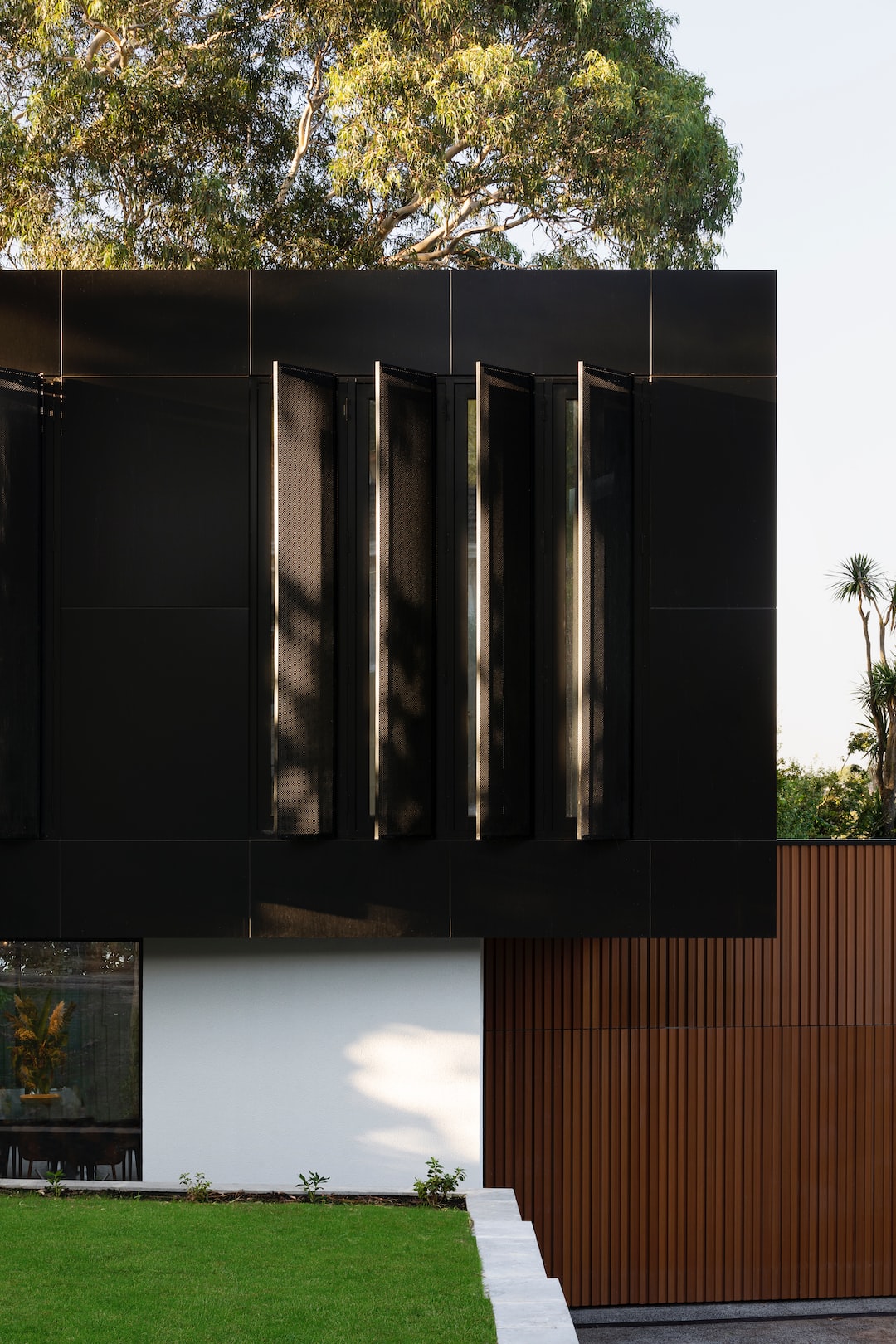Renovating vs. Upgrading: Which Is Right for Your Property?
When it comes to enhancing the value and functionality of your property, there are two primary approaches: renovating or upgrading. While some people use these terms interchangeably, they actually refer to two distinct processes with different goals. Understanding the difference between renovating and upgrading can help you make an informed decision regarding the best option for your property.
Renovating, in simple terms, involves restoring or improving an existing space. It typically entails making aesthetic changes, repairing damages, and enhancing the overall appearance and appeal of a property. Renovations often focus on updating the style of a space, making it more modern and visually appealing.
Upgrading, on the other hand, involves enhancing the functionality and performance of a property’s features or systems. It involves replacing or improving existing elements to achieve better efficiency, effectiveness, or technological advancements. Upgrades can range from improving insulation and energy-efficient appliances to upgrading electrical systems or installing a new roof.
To decide whether renovating or upgrading is the right choice for your property, it’s crucial to consider your specific goals and needs. Here are some factors to consider:
1. Age of the Property: Older properties often require more extensive renovations to bring them up to modern standards. Renovating can help in maintaining the character and charm of an older home while making necessary updates. However, if your primary concern is improving energy efficiency or incorporating smart technology, upgrading may be the better option.
2. Purpose of the Project: Consider the purpose of the project and what you hope to achieve. If you want to enhance curb appeal, create a more inviting living space, or update the aesthetics of your property, renovating is likely the way to go. However, if you want to improve functionality, increase energy efficiency, or reduce maintenance costs, upgrading may be the more appropriate choice.
3. Budget: Your budget will play a significant role in determining which option is best for you. Renovations can often be more costly, especially if they require extensive work or involve structural changes. Upgrades, on the other hand, can be more cost-effective in terms of long-term savings and return on investment. Consider your financial situation and prioritize your goals to make an informed decision.
4. Long-Term Plans: If you have long-term plans for your property, consider the impact of your decision. Is it a property you plan to sell in the near future, or do you plan to live in it for many years to come? Renovations can increase the property’s value and appeal to potential buyers, while upgrades can provide long-term benefits for your personal enjoyment and reduce future maintenance costs.
Ultimately, the decision between renovating and upgrading comes down to understanding your needs, goals, and budget. In some cases, a combination of both may be necessary to achieve the desired results. Consulting with professionals like architects, contractors, or interior designers can provide valuable insights and help you make an informed decision.
Furthermore, it’s essential to consider the local real estate market and current trends. Understanding what potential buyers or renters are looking for in a property can guide your decision-making process. Researching similar properties in your area that have undergone renovations or upgrades can provide inspiration and insight into what may be most beneficial for your property.
In conclusion, renovating and upgrading are impactful processes that can enhance both the value and functionality of your property. Assessing your goals, budget, and long-term plans will help you determine which option aligns best with your needs. Regardless of your choice, remember to engage with professionals, research local trends, and prioritize your objectives to achieve the best possible outcome for your property.

